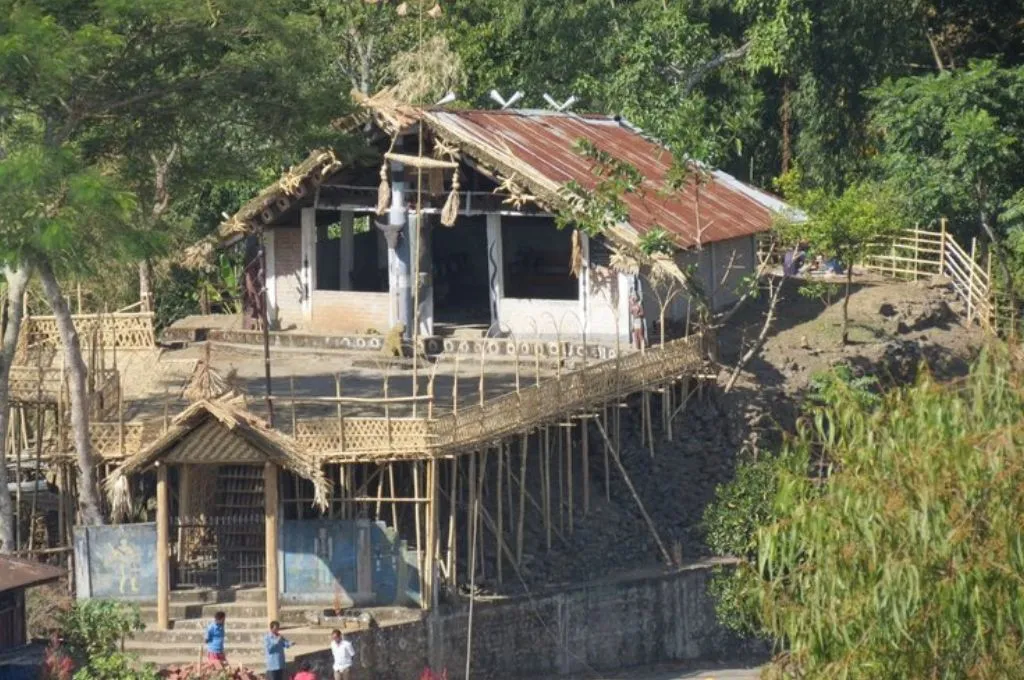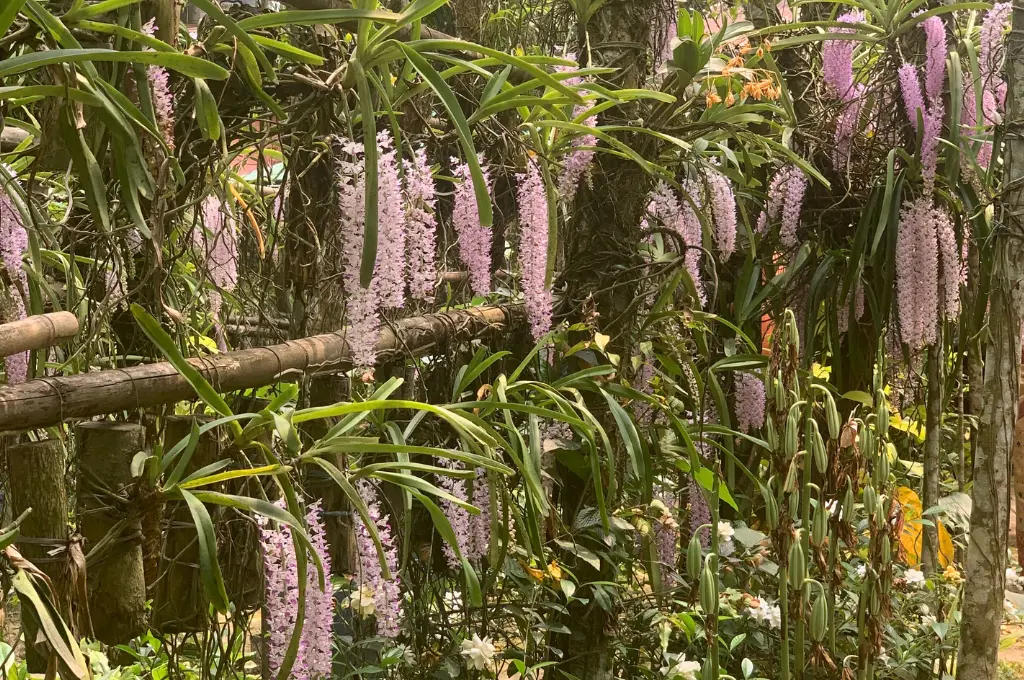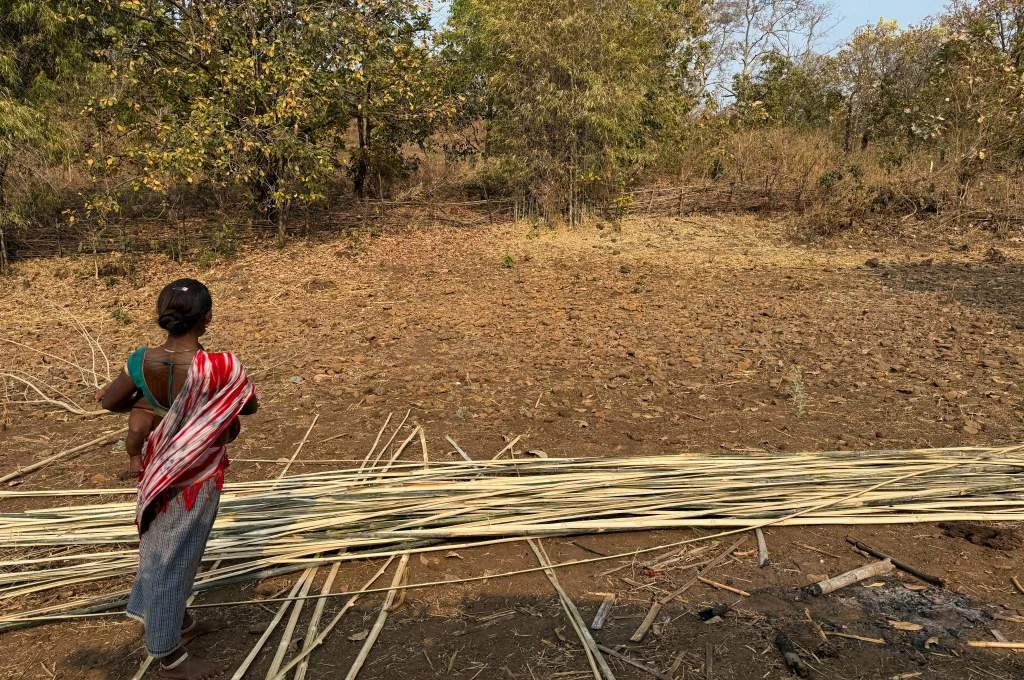READ THIS ARTICLE IN
A Bru handicrafts maker laments the loss of traditions in Mizoram
Biakthanga is a bamboo handicrafts maker from Damparengpui village in Mizoram’s Mamit district. A member of the Bru community, he has been producing items of daily use such as nohkhai (basket for carrying vegetables and rice), toilanga (basket for carrying water bottles and pots), lekho (small basket), and baileng (tool used for cleaning rice) for decades now.
Like many Brus from the previous generations, Biakthanga learned the art of bamboo craft-making when he was still a child. He says, “In the past, members of every Bru family knew how to make nohkhai. But in this generation, people don’t know how to make it.”
Materials such as plastic and rubber are now ubiquitous in the lives of the Bru people in Mamit. Biakthanga attributes the change to easy availability of alternatives and better transport facilities. However, he thinks that the loss of forest resources due to a lack of conservation efforts has also had a role to play. “In the past, our community used forest resources such as raisoh, salang, and rai [for craft-making]. However, these materials are not easily found any more, and we don’t have abundant forest areas like we used to. We’ve destroyed the forests, and the materials we need are now found only deep inside [the forest].”
According to him, handicrafts-making is an important cultural practice, the decline of which equals the disappearance of Bru traditions. Biakthanga’s doors are open to anyone—young or old—who wants to learn from him. He says, “Last year I even taught someone older than me [the technique to make nohkhai].” But Biakthanga realises he can only do so much as an individual; cultural conservation will require the effort of the entire community and the government.
Rodingliana is an IDR Northeast Media Fellow 2024–25.
—
Know more: Watch this video to learn more about the oil monopoly in Mizoram.
Do more: Connect with the author at rdaapeto157@gmail.com to learn more about and support his work.



